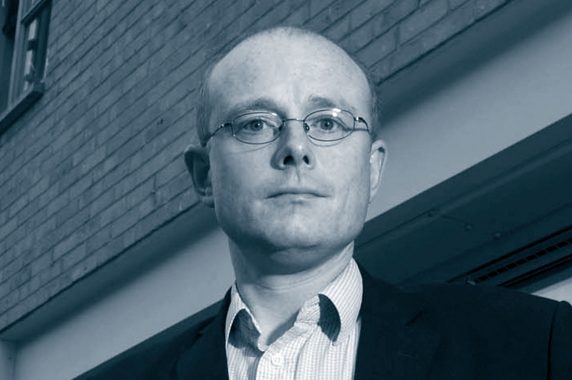Miracles while you wait

‘Surely other people are in this position also, surely there’s something you can do?’ was the plea from the family of one of our elderly patients. They were desperate for community nurses to attend to the patient’s infected leg ulcers. I’ve rarely felt so professionally impotent.
The dressings were oozing in-between the nurses’ twice-weekly visits, and the family were doing their best to tend to the patient’s legs. As they are housebound, a trip to the practice nurse wasn’t an option. I was left having to explain to the family that I have no control whatsoever over the community nursing team and although our local service has never been the best, the Covid pandemic has significantly worsened the service.
Another day, another family, this time asking if there was anything I could do to speed up the visit by the continence service to their parent. They were struggling to cope with their double incontinence, and had been told that nobody from the bowel and bladder team could attend for three weeks.
Every day, the tasks and emails arrive. Can I help them source a new wheelchair/commode/ handrail, can we help get more carer support? The list goes on. I would class these problems as the insoluble.
When I started work as a GP, most of our work was the soluble-type problem – tonsillitis, chest infections, skin rashes and the like. The possibly soluble – back pain, chronic headaches and allergies – made up the next biggest portion. What I would now class as the insoluble type of problem was much rarer. Now the insoluble seems to take up a fair chunk of the day.
The problem, if you can call it that, is that despite what the media say, we are always there. Patients know where we are and have an ever-increasing number of ways of contacting us. When they call a community team or a hospital department, more often than not there is no reply, and the voicemail box is full. Despite our workload, most patients will be able to get a message to us one way or another the same day, and increasingly that message is asking us to chase up a secondary care or community service on their behalf.
‘I have no control over secondary care and no special phone line to call them on, only the same one you do. Which as you will have discovered for yourself, nobody answers’ is a phrase I repeat so often to patients that I may just as well make a recorded message of.
In the past, many shops and bars would jokingly display signs saying:
‘Miracles performed while you wait, the impossible takes a little longer’.
Perhaps we could start displaying this message in our waiting rooms?
Dr David Turner is a GP in Hertfordshire
Pulse July survey
Take our July 2025 survey to potentially win £1.000 worth of tokens

Related Articles
READERS' COMMENTS [1]
Please note, only GPs are permitted to add comments to articles













Poignant. What “they” cleverly did, with the help of some Professors and Royal Colleges, is to continue to remould you into social care, and yes – make you the port of call for everything. That vacuum, that black hole that sucks everything in, but can give little out. It is a cheap, demoralising and we’ll orchestrated tactic. No tariff for your social interactions, and revered but persecuted “gatekeeper” role. It’s all a chirard really, upsetting too when you know people suffer because the system faked that it was there for them at their time of need. Being the spokesperson for an often inert system, who’s walls only give you echos, “care” system that doesn’t really exist, but they’re made to think it does. It doesn’t. It’s rationed, broken and often hypothetical, and borderline pointless and fictional. Full of barriers, forms and lacklustre. If every GP checked and saved their altruism by 10%, they’d realise how manipulated the role of a GP has become, and give the higher powers one serious headache.